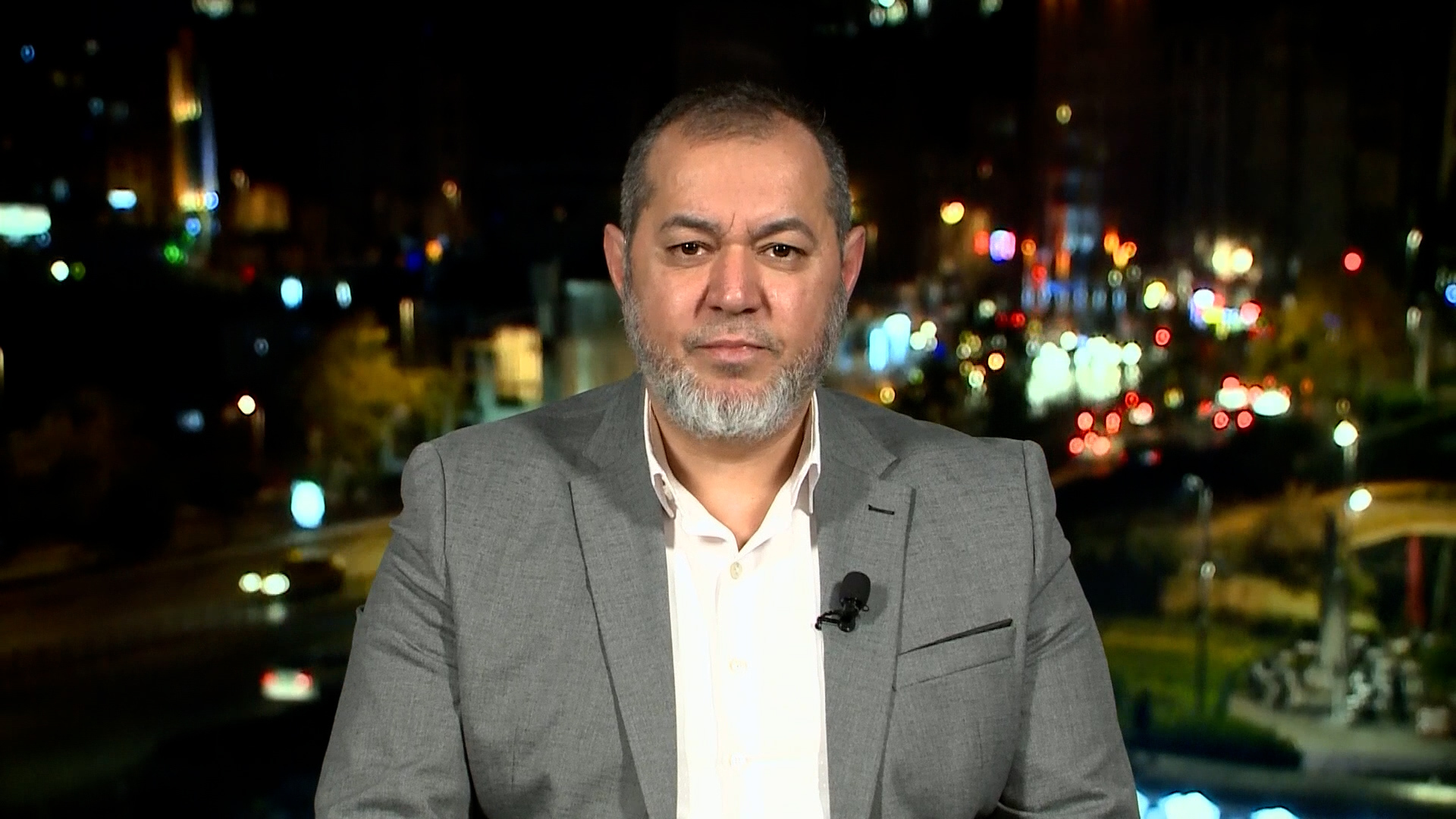The Islamic writer and thinker Abd al-Karim Bakkar saw that there is no alternative to renewing the religious discourse, due to the renewal of circumstances, conditions and challenges, highlighting that the solution to the problems of contemporary Muslims will not be found in the past or in the West.
He said that many makers of religious discourse drowned in the past, and do not spend effort, money and time in exploring the reality, which needs a discourse to reform it, and he called on Muslims to strive for their time, stressing that their heritage and history is not infallible, and must be subject to two things: the criterion of higher principles and values, and the criterion of interests.
And renewing the Islamic discourse - from the point of view of the guest of the "Mawazine" program - does not mean solving all the problems of Muslims, as a large part of these problems is caused by moving away from what is clear in religion and values.
He pointed out that the most important school in the renewal of religious discourse that appeared on the Islamic scene during the last two centuries is the "School of Civilizational Awareness", whose main founder is the historian Abd al-Rahman bin Khaldun, and its pillar in the modern era is the Algerian Islamic thinker Malik bin Nabi.
This school relies on civilized jurisprudence, and advocates moderation, peaceful change, enriching the human dimension, supporting the national spirit, and combating racism and sectarianism on the intellectual and practical levels.
Among the drawbacks that are recorded on the modernist current - according to the Islamic writer and thinker - is that the owners of this current take the West and its culture and civilization as a reference for them, and they want to renew the Islamic discourse in the light of that reference, so liberalism or capitalism - for example - cannot be a reference for Muslims. Because they are not of the Islamic religion.
It is mentioned that the Islamic arena has known two projects for renewal, one of which is fundamentalist based on reviving the relationship of Muslims with their religion and starting from their constants to keep pace with the spirit of the age, and the other is modernist, which some believe targets religious constants because it is influenced by Western theories that deal with the text from a historical standpoint, in front of which the texts of revelation are equal to human texts.
Western copies calling on Muslims to leave their beliefs
In his speech to the episode (11/1/2023) of the “Mawazine” program, Professor of Jurisprudence at Sultan Muhammad Al-Fateh University, Muhammad Ayman Al-Jamal, touched on attempts to renew religious discourse within Western versions of Islam, and said that the Europeans - whose politicians failed to overcome the complex of civilizational difference The great deal between them and the Muslims - they demand a Qatari Islam of their own that is in line with their principles and values.
The French version is the most prominent in the present time, as there are demands directed towards Muslims by the governments and Islamic associations established in France, and the matter is no longer a matter of mere renewal of religious discourse, but rather goes beyond it to demands to renew the fundamentals of religion and belief sometimes, and Muslims in France and other places are asked to European countries left their identity and beliefs in order to assimilate into Western society, in the words of El-Gamal.
The professor of jurisprudence noted the very dangerous view of Islam and Muslims from the West, which wants to renew Islam under the pretext of banishing extremism and terrorism, although the two phenomena are not related to the Islamic religion, criticizing Islamic governments that he said sponsored and adopted the American discourse after the attacks of September 11, 2001, at a time when It was supposed to talk about America's injustice and its oppression of other countries.
In the same context, El-Gammal stressed the issue that the Islamic nation needs renewal and development in content and in religious discourse, and that legal sciences need many revisions, and contemporary fatwas are necessary at all times, and called for renewing religious discourse to suit the era in which people live. And to meet the challenges that stand in the way of Muslims.

